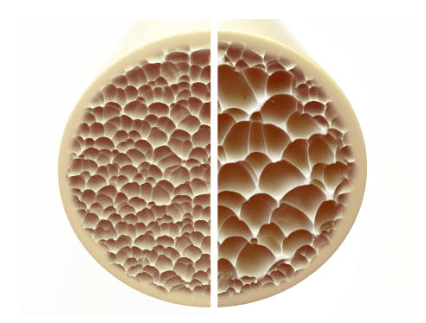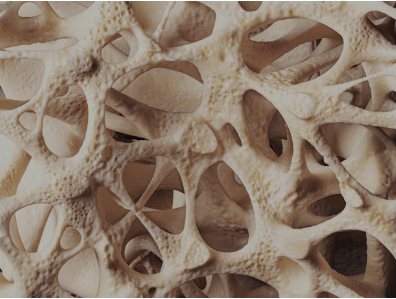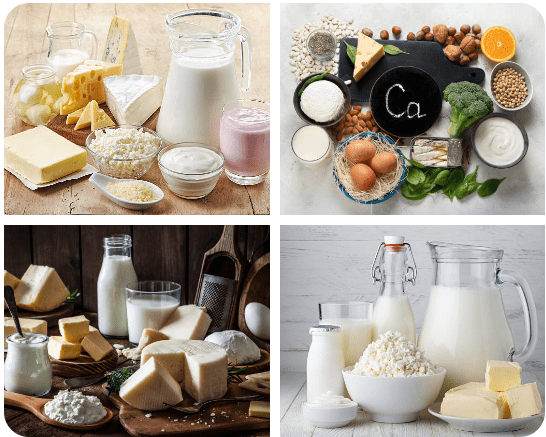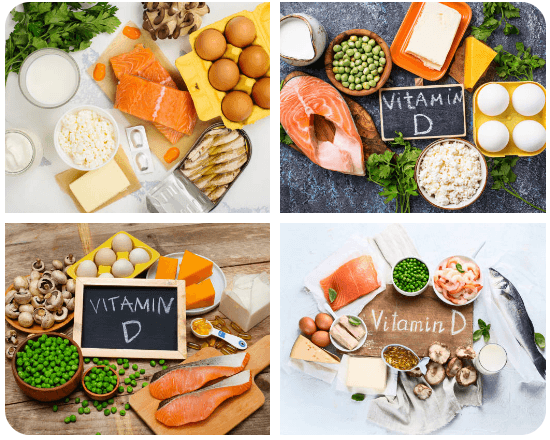Osteoporosis is a condition that affects your bones.


Osteoporosis is a condition that affects your bones. Your bones are living tissues that provide support and structure to your body. Your bones are made up of a dense outer layer and a spongy inner part. Think of them like a strong, sturdy building material.
However, in people with Osteoporosis, the bones become weak and fragile. This happens because the bones lose their density and become thinner, almost like a sponge with larger holes. Therefore, this makes the bones more susceptible to breaking or fracturing, even from minor bumps or falls.
Osteoporosis is often called the “silent disease” because it usually doesn’t cause any symptoms until a bone is broken. That’s why it’s important to take care of your bones and prevent Osteoporosis before it becomes a problem.
Controlled and Unrolled Risk Factors
There are several risk factors for developing Osteoporosis. Some factors are not able to be controlled, such as age (it’s more common in older people) and gender (women are more likely to get it). However, there are also factors that can be controlled, like your food intake and lifestyle choices.
To keep your bones healthy and focused on the prevention of Osteoporosis, you can do a few things. First, make sure to get enough calcium and vitamin D, which are essential for bone health. Calcium can be found in dairy products, leafy greens, and some fortified foods. Vitamin D is produced in our bodies when our skin is exposed to sunlight, but you can also get it from certain foods like fatty fish and fortified products. I have provided and list of Calcium fortified foods and Vitamin D fortified foods to help you get started and moving in the right direction with those nutrients.
Secondly, regular exercise is crucial. Weight-bearing exercises, like walking or dancing, and strength training can help strengthen your bones and improve your overall bone health.
Lastly, avoiding unhealthy habits like smoking and excessive alcohol consumption is important, as these can weaken your bones and increase the risk of Osteoporosis.
If you are at a higher risk or have been diagnosed with Osteoporosis, there are treatments available to slow down bone loss and reduce the risk of fractures. Medications and lifestyle changes can be prescribed by a doctor to help manage the condition. Be sure to reach out to your physician for more information on those options.
Remember, taking care of your bones is essential for a healthy and active life. By maintaining a balanced food intake, staying physically active, and avoiding harmful habits, you can reduce the risk of Osteoporosis and keep your bones strong.
Calcium Food List for Osteoporosis Prevention and Management

- Dairy products:
- Milk (cow’s milk, almond milk, soy milk)
- Yogurt
- Cheese (cheddar, mozzarella, Swiss, etc.)
- Leafy green vegetables:
- Spinach
- Kale
- Collard greens
- Broccoli
- Fish:
- Salmon
- Sardines (with bones)
- Canned tuna (with bones)
- Legumes:
- Chickpeas
- Lentils
- Black beans
- White beans
- Nuts and seeds:
- Almonds
- Sesame seeds
- Chia seeds
- Flaxseeds
- Fortified foods:
- Fortified cereals
- Fortified orange juice
- Fortified plant-based milk alternatives (soy milk, almond milk)
- Other sources:
- Tofu (made with calcium sulfate)
- Amaranth
- Quinoa
- Calcium-fortified bread
Remember to include a variety of these foods in your food intake to ensure you are getting enough calcium. Additionally, it’s important to note that calcium absorption can be influenced by other factors such as vitamin D intake and overall food intake quality.
Vitamin D Food List for Osteoporosis Prevention and Management

- Fatty fish:
- Salmon
- Mackerel
- Sardines
- Trout
- Tuna
- Cod liver oil
- Egg yolks
- Cheese:
- Swiss cheese
- Cheddar cheese
- Fortified dairy products:
- Fortified milk
- Fortified yogurt
- Fortified margarine
- Fortified plant-based milk alternatives:
- Fortified soy milk
- Fortified almond milk
- Fortified oat milk
- Fortified breakfast cereals
- Mushrooms (specifically, those exposed to ultraviolet (UV) light):
- Shiitake mushrooms
- Maitake mushrooms
- Morel mushrooms
It’s important to note that while these foods contain vitamin D, it can be challenging to get enough vitamin D through food intake alone. Your body can also produce vitamin D when your skin is exposed to sunlight. Spending time outdoors, especially during the sunnier months, and practicing safe sun exposure can help your body naturally produce vitamin D. Additionally, some people may require vitamin D supplements, especially if you have limited sun exposure or have specific health conditions.
At Bellaire Women’s Fitness, one of the amazing opportunities for ladies with Osteoporosis or even Osteopenia is the safe space to implement weight bearing exercises that are specifically geared toward the Osteoporosis safety protocols and to learn more about healthy eating protocols that implement Calcium and Vitamin D. It’s an honor to help ladies on improving bone density!
Be sure to schedule a Complimentary Intro Session! Looking forward to visiting soon!
Hugs and love always –

